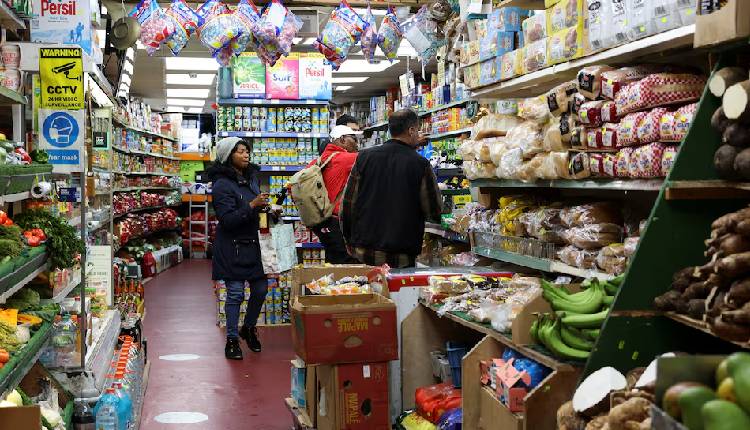UK grocery price inflation dropped to its lowest since February 2022, but nearly 25 per cent of British households continue to struggle financially, according to recent industry data cited by Reuters.
Market research firm Kantar reported 4.5 per cent annual grocery price inflation in the four weeks leading up to March 17, down from 5.3 per cent in the previous period.
Prices are rising fastest in markets such as sugar and chocolate confectionery and vitamins and supplements, while decreasing most rapidly in butter, milk, and toilet tissues.
Despite the slowdown in grocery inflation, which peaked at 17 per cent in March 2023, many British households are still under financial pressure.
Take-home grocery sales increased by 4.6 per cent year-on-year over the four-week period. An early Easter boosted sales of seasonal treats by £88 million ($111 million) in the first quarter of 2024 compared to the same period last year.
Online supermarket Ocado was the fastest-growing UK grocer over the 12 weeks to March 17, with a 9.5 per cent year-on-year sales increase, aided by a sustained voucher campaign.
Tesco and Sainsbury’s, the industry leaders, saw their sales rise by 5.8 per cent and 6.7 per cent, respectively, gaining market share. In contrast, Asda’s sales only increased by 0.2 per cent, while Morrisons’ sales rose by 3.6 per cent.
German-owned discounters Aldi and Lidl experienced sales growth of 3.1 per cent and 8.8 per cent, respectively. However, while Lidl’s market share increased, Aldi’s slightly decreased.
